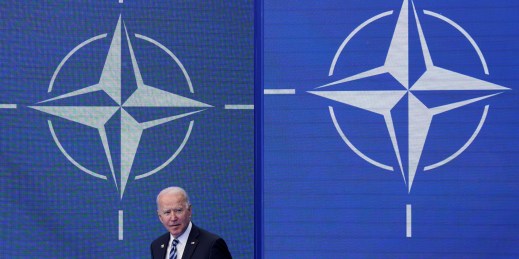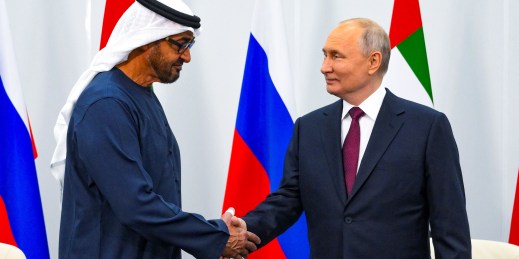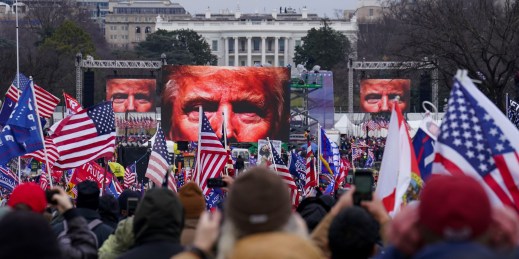
The Biden administration seems determined to ensure that its foreign policy achievements not be undone by any potential Republican successors. The administration might just pull off that goal, largely because the foundation of Biden’s foreign policy is, in turn, built on the foundation of his Republican predecessor: Donald Trump.








